Setting SMART Goals For the Show Season
September 13, 2019 Comments Off on Setting SMART Goals For the Show Season
While an attainable goal may be difficult to achieve, the goal is not extreme. That is, the goals are neither out of reach, nor below standard performance, as these may be considered meaningless. When you identify goals that are most important to you, you begin to figure out ways you can make them come true. You develop the attitudes, abilities and skills to reach them.
Continue reading …Whole Food Options to Boost Protein Quality For Your Horse
September 10, 2019 Comments Off on Whole Food Options to Boost Protein Quality For Your Horse
On average, a 1,100 lb (500 kg) adult horse at maintenance, will require a minimum of 630 grams of crude protein per day. As exercise increases, values can increase to approximately 1,000 grams/day. Growing horses require more, and pregnancy and lactation can double the maintenance requirement.
Continue reading …Learn How Classes are Judged With APHA’s HorseIQ
September 9, 2019 Comments Off on Learn How Classes are Judged With APHA’s HorseIQ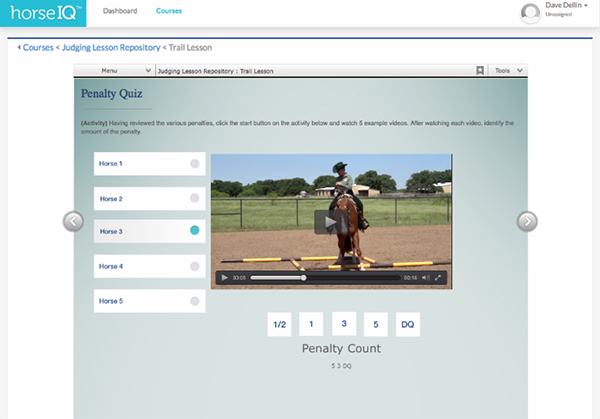
In a groundbreaking move, APHA has created an innovative online exhibitor educational platform called HorseIQ. The first of its kind, HorseIQ brings exhibitors up to speed with current rules and judging standards in dynamic, easy-to-access, affordable modules.
Continue reading …Being Overweight Doesn’t Mean Your Horse Has a Metabolic Issue
September 8, 2019 Comments Off on Being Overweight Doesn’t Mean Your Horse Has a Metabolic Issue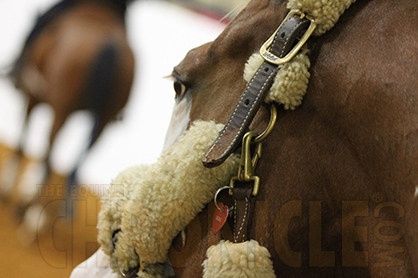
As obesity develops in people, so does a clear picture of higher inflammatory cytokines circulating in their blood, and increasing insulin levels reflecting insulin resistance. This simply does not hold true for horses.
Continue reading …Endocrine-Disrupting Chemicals May Play Role in EMS
September 7, 2019 Comments Off on Endocrine-Disrupting Chemicals May Play Role in EMS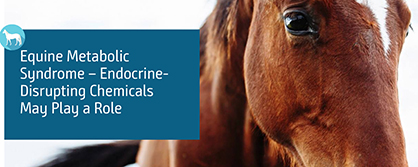
Morris Animal Foundation-funded researchers at the University of Minnesota found endocrine disrupting chemicals (EDCs) in a horse’s environment may play a role in the development of equine metabolic syndrome (EMS).
Continue reading …Returning to High Level Competition After Colic Surgery
September 5, 2019 Comments Off on Returning to High Level Competition After Colic Surgery
Fifteen feet of Monty’s small intestine needed to be removed because it was irreversibly damaged and a jejunocecostomy was performed, in which the remaining small intestine was reattached to empty into the cecum, the first section of the large intestine.
Continue reading …Researchers Study Interaction Between the Horse’s Hoof and the Ground
September 3, 2019 Comments Off on Researchers Study Interaction Between the Horse’s Hoof and the Ground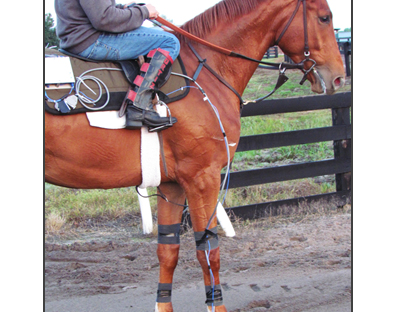
When the hoof is on the ground, this stance is divided into four phases: primary impact, secondary impact, midstance, and breakover, during which the hoof experiences different forces and accelerations. Each phase is associated with a risk factor for injury; however, it is difficult to identify mechanical cause of injury.
Continue reading …Making Preparations For Hurricane Dorian’s Landfall
September 1, 2019 Comments Off on Making Preparations For Hurricane Dorian’s Landfall
Some forecasts indicate the Storm may make landfall in Florida as early as Tuesday, September 3.
Continue reading …Updated Horse Health Requirements and Arrival Instructions for 2019 APHA World Show
August 30, 2019 Comments Off on Updated Horse Health Requirements and Arrival Instructions for 2019 APHA World Show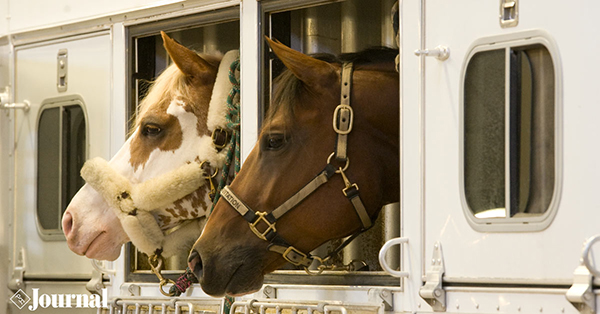
In order to ensure the health of all horses attending the 2019 APHA World Championship Show September 16-29 at the Will Rogers Memorial Center in Fort Worth, Texas, the following horse health requirements and arrival instructions will be in effect.
Continue reading …Defining Horse Jargon- Horse Sale Terms
August 29, 2019 Comments Off on Defining Horse Jargon- Horse Sale Terms
Questions that I see sellers get asked include, “Is this horse kid safe?” Well, that’s an extremely difficult question to answer because the seller is unlikely to know the riding abilities of the child in question. As with adults, abilities and confidence of riders can vary greatly, and the age of the rider is only one factor to consider.
Continue reading …







